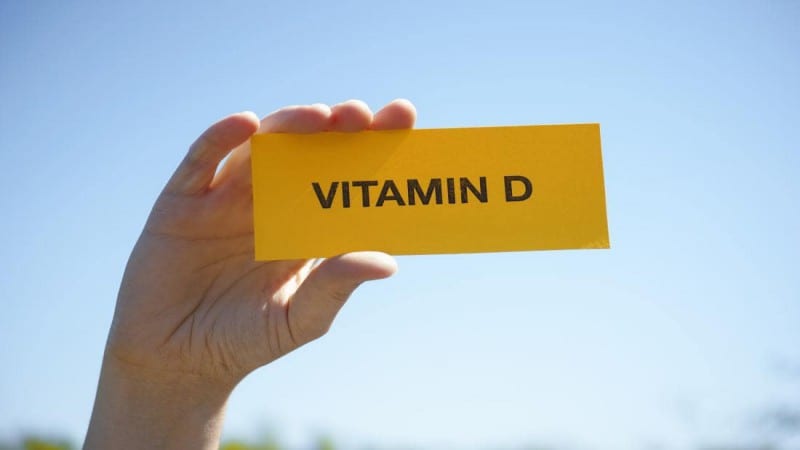Vitamins are absolutely essential for the body’s metabolism to function. The role of vitamins in the emergence of cancer has been studied very carefully. All vitamins are important but especially a deficiency of vitamin D can cause cancer to occur. It is therefore important to ensure that you get plenty of vitamin D daily (Sources: sun, fish, eggs, fungi, vitamin D fortified foods, dietary supplements).
The most important thing is that the vitamins are taken in as natural a form as possible. A versatile diet is preferred, but it can be recommended that vitamins and antioxidants should be taken as a dietary supplement.
The research shows that vitamin D provides a 20-60% protection against, among other things, breast cancer, colon cancer, uterine carcinoma, brain tumor, myeloma etc. Canadian Cancer Society (CCS) recommends all adults to take vitamin D supplements. The decision was made after several research results suggested that the vitamin provides protection against many types of cancer. The MD Anderson Cancer Center puts the thumbs up for vitamin D for cancer patients, but calls for more research.
It has been found that people who develop cancer often have low levels of vitamin D in their blood. “We hope for progress in preventing cancer through these recommendations,” says Heather Chapell, who is responsible for the CCS cancer prevention program. Low levels of vitamin D are associated with survival following surgical removal of colon cancer as shown in a new study. Low vitamin D levels were associated especially with colon cancer and breast cancer, according to a 20-year cohort study.
In the scientific journal British Medical Journal, a study was recently published in which vitamin D had a protective effect against cancer. High levels of vitamin D in the blood gave a 20 percent lower risk of developing cancer, both in women and men. The risk of liver cancer decreased as much as 50 percent, especially in men.
References:
Low plasma vitamin D is associated with adverse colorectal cancer survival after surgical resection, independent of systemic inflammatory response. Gut. 2019 Apr 25. pii: gutjnl-2018-317922. doi: 10.1136/gutjnl-2018-317922. [Epub ahead of print] https://gut.bmj.com/content/early/2019/05/03/gutjnl-2018-317922.long
Lower serum 25-hydroxyvitamin D is associated with colorectal and breast cancer, but not overall cancer risk: a 20-year cohort study. Nutr Res. 2019 Mar 21. pii: S0271-5317(18)30929-1. doi: 10.1016/j.nutres.2019.03.010. [Epub ahead of print] https://www.sciencedirect.com/science/article/pii/S0271531718309291?via%3Dihub
Plasma 25-hydroxyvitamin D concentration and subsequent risk of total and site specific cancers in Japanese population: large case-cohort study within Japan Public Health Center-based Prospective Study cohort. https://www.bmj.com/content/360/bmj.k671
![]()
